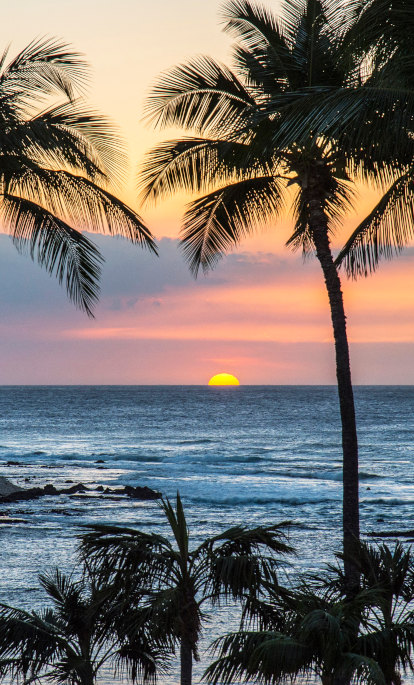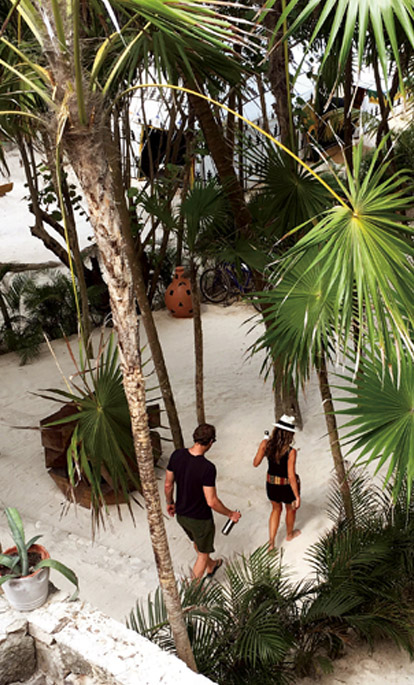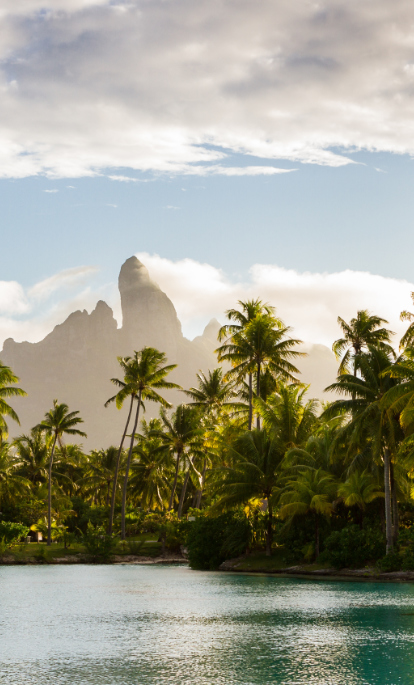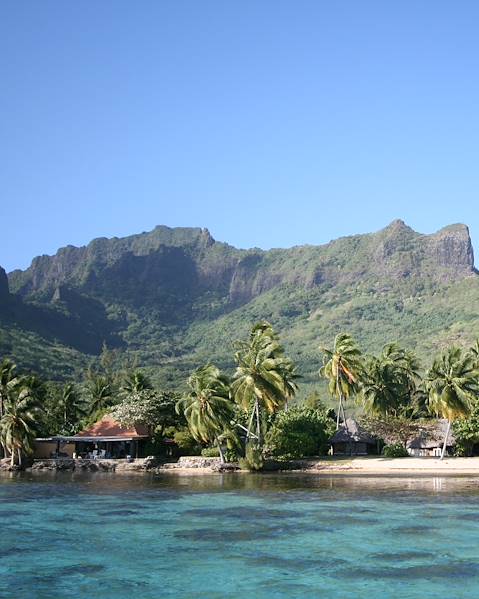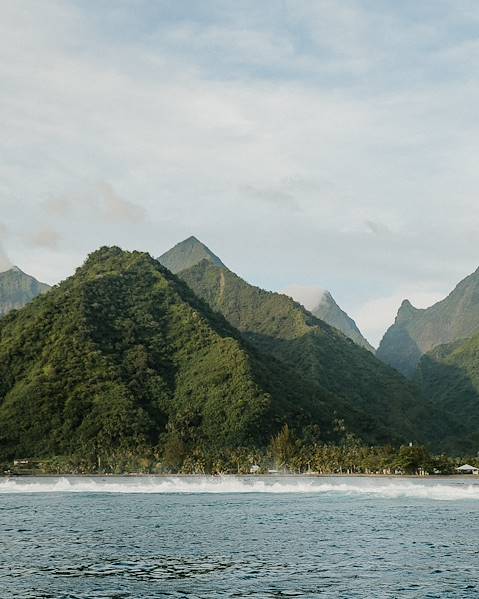Population
The population of French Polynesia is around 304,032 people (2021).
Official language
French is the official language of French Polynesia.
Languages Spoken
Although French is the official language, Tahitian and other Polynesian languages are also used.
Religion
Christianity is the dominant religion, with over 54% of the population identifying as Protestant. The Maori Protestant Church is the largest church and accounts for over 50% of the population. There are also small communities of other religions in French Polynesia, including Jehovah's Witnesses, Mormons and Seventh-day Adventists. Additionally, there is a small Muslim community on the island of Tahiti.
National Holiday
French Polynesia Autonomy Day is celebrated on June 29th and honours Tahitian and French Polynesian self-rule. The country also celebrates a National Day on July 14th.
Holiday Schedule
January 1: New Year’s Day
March 5: Missionary Day
Late March to Early April: Good Friday, Easter Sunday, Easter Monday
May 1: International Worker’s Day
May 8: Victory Day
Mid-May: Ascension Day
Late-May: Pentecost
Last Monday in May: Whit Monday
June 29: Autonomy Day
July 14: National Day
August 15: Assumption Day
November 1: All Saints’ Day
November 11: Armistice Day
December 25: Christmas Day
History
French Polynesia is a group of islands located in the South Pacific Ocean, roughly halfway between Australia and South America. The islands were first settled by Polynesians around 200 BC and were later discovered by European explorers in the 16th century. In 1842, the French established a protectorate over the islands, with their influence growing over the next several decades. In 1880, the islands officially became a French colony; the French government set up administrative centres and began to exert more control over the islands. During World War II, French Polynesia became an important base for the US military in the Pacific and the islands were used as a staging ground for the Battle of Midway. In the years following the war, French Polynesia began to push for more autonomy and self-rule. In 1958, the French government granted the islands a limited degree of autonomy, and in 1966, the islands were granted full control. However, tensions between French Polynesia and the French government continued to simmer, and in 1984, a pro-independence movement was formed. The movement gained support over the years, and in 1995, the islands held a referendum on independence, which was narrowly defeated. Today, French Polynesia is an overseas territory of France, with a significant degree of autonomy.
Policy
French Polynesia is an overseas territory of France, which means that it has a significant degree of autonomy but is still ultimately governed by French law and policy. The President of French Polynesia serves as the head of government and is responsible for implementing policies on a wide range of issues, including economic development, social welfare, education and healthcare. One of the major policy priorities for French Polynesia is economic development. The islands have a relatively small economy, so the government has been working to attract investment and promote economic growth in areas such as tourism, agriculture and fishing. Another important policy area is environmental conservation. The islands are home to a rich array of plant and animal species, hence the government has implemented policies aimed at protecting and preserving the natural environment, including establishing marine reserves and promoting sustainable tourism practices. The French government also plays a significant role in shaping policy in French Polynesia, particularly with regard to defence and foreign affairs. French Polynesia is home to an important French military base, and the French government provides significant financial and logistical support to the islands. In recent years, there has been growing interest French Polynesia’s independence, with some political parties and activists pushing for greater autonomy or outright independence. The government has implemented policies aimed at promoting local culture and identity, but the issue of independence remains a controversial and divisive topic.
Food and Drink
Holidaying in French Polynesia is like embarking on a culinary adventure; the flavours of the South Pacific merge deliciously with French cuisine to create a delightful array of dishes and drinks. Seafood is a star player in Polynesian cuisine, with fresh fish, shellfish and other ocean delicacies taking centre stage. But the real showstopper is poisson cru, a traditional Polynesian dish made with raw fish marinated in a zesty blend of lime juice and coconut milk. This tangy and refreshing delicacy will transport your taste buds straight to the sun-kissed shores of the South Pacific. For those seeking a heartier meal, fei is a must-try dish. It features a unique type of banana that is cooked in an earth oven, infusing it with a rich, smoky flavour. Served alongside fish or meat, it's the perfect blend of sweet and savoury. The French influence on the food scene in French Polynesia cannot be ignored. French bread, pastries, and even dishes like bouillabaisse and escargots can be found in local restaurants, adding a touch of Gallic charm to the culinary landscape. Sip on refreshing coconut water and fresh fruit juice, or indulge in the local beer Hinano, brewed in Tahiti. Whether you're looking for a tropical escape or a touch of French sophistication, the drinks of French Polynesia have got you covered.


